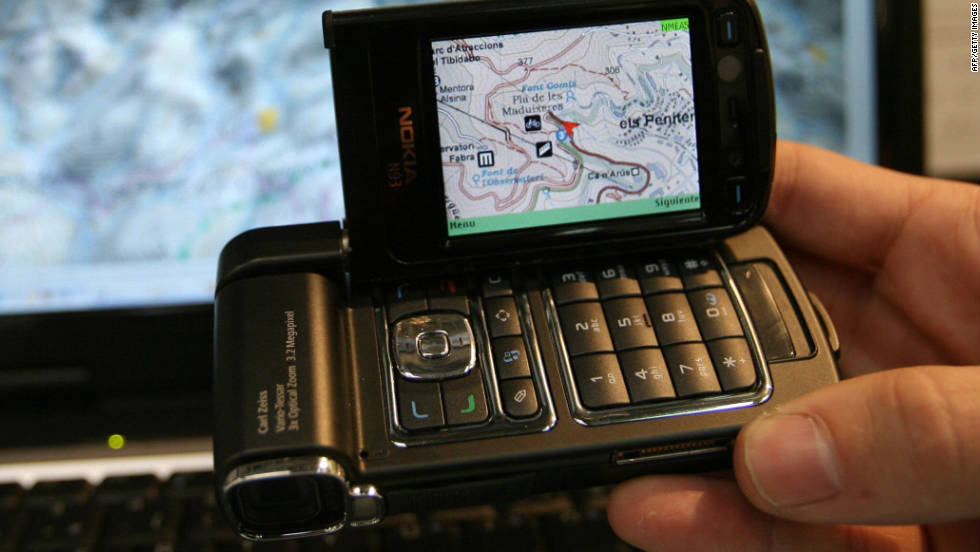Phones: Like Homes The Supreme Court's decision established that cellphones are most like homes, which police officers need warrants to search. Talk to a Lawyer Start here to find criminal defense lawyers near you. Practice Area Please select Zip Code. How it Works Briefly tell us about your case Provide your contact information Choose attorneys to contact you.
Treasury Watchdog Warns of Government’s Use of Cellphone Data Without Warrants
Legal Information. Criminal Law Information. Proof and Defenses in Criminal Cases. Getting a Lawyer for your Criminal Case.
Supreme Court says warrant necessary for phone location data in win for privacy - CNET
Steps in a Criminal Defense Case. Arraignment: Your First Court Appearance.
Plea Bargains in a Criminal Case. Legal Elements of Common Crimes. Expungement and Criminal Records. Should I just plead guilty and avoid a trial?
- Android Hacking Application by which You Can to Catch Your Spouse Remotely.
- Warrantless Tracking of Phone Location Data Could Get Harder.
- Supreme Court Weighs Police Tracking Of Cellphones Without A Warrant : NPR!
Is the public defender a real lawyer? Can I change defense lawyers after I've hired one? How long after arrest do I find out what the charges are? Related Products More.

Criminal Law: A Desk Reference. Legal Research. The Criminal Law Handbook. View More. In addition to incident response, Allen defends clients facing government investigations, regulatory enforcement actions, consumer class actions, and other litigation arising from Skip to main content.
Should Law Enforcement Need a Warrant to Track Your Cell Phone?
New Articles. Kilgore and S. Bergeson and Carla N. Make Sure Spouse Smithey and Timothy J. April 27, Supreme Court Update: Jones v. Mississippi No. Russell LaMotte and Allyn L. Malveaux and Melanie L. McCreery and Teresa A. Thomas, U. Boxer and Megan L. Wright and Jason P. Humenik and Matthew J. Pardo New Guidelines for temporary authorizations for health supplies that Porzio and Caralyn M. Swirsky and Kyle D. McAvoy and Peter F. Lazzarotti and Jason C.
In the longer run, there will likely be further litigation over whether the same logic should extend Fourth Amendment protections to other types of sensitive information in the hands of third parties as courts grapple with applying these principles in the digital age. Cell phones may create hundreds of data points in a normal day, and providers collect and store CSLI to spot weak coverage areas and perform other business functions. Obtaining CSLI records is a fairly common law enforcement tool, and—until now—such information could typically be obtained by court orders issued under the Stored Communications Act.
Those orders require the government to make certain types of showings to a court, but they are not warrants and do not require probable cause.
- Share this story;
- Telephone Technology versus the Fourth Amendment.
- How to Spy a Phone Boost Mobile.
- Phone Hacking Apps – The Best App To Hack A Cell Phone (updated 2021).
- Tracking individuals!
- Spy Text Messages on Android Phone 5.
This evidence was used to help convict Carpenter of various robbery charges. The key question in Carpenter turned on the applicability of the third-party doctrine: Do customers have a reasonable expectation of privacy in their location information when, through their phones, they disclose that information to cellular providers? As such, it argued that CSLI records should be treated in the same way as phone records in the hands of a telephone company or bank records in the hands of a financial institution—both of which the Supreme Court has held can be obtained through a subpoena and without a warrant.
The American Civil Liberties Union ACLU , representing Carpenter, argued that warrantless access to historical CSLI records permitted the government to obtain a tremendous amount of revealing information, incomparable to what previous circumstances allowed.
The Supreme Court’s Biggest Decisions in 2021
The Court ruled for Carpenter, holding that individuals have a legitimate expectation of privacy in their locations as captured by CSLI. As such, a warrant based on probable cause is required in order to obtain these records. The opinion made several key observations:. Most obviously, in light of Carpenter , a mobile communications provider should ask to see a warrant if the government requests historical CSLI records covering a period of a week or more.
Institutional Menu Header
And, undoubtedly, law enforcement agencies will be updating their protocols accordingly. Slightly less obviously, businesses that possess other types of customer location information e. While the ruling will create some uncertainty, service providers can take some comfort in the fact that the Stored Communications Act precludes plaintiffs from suing providers who comply with court orders or subpoenas. So businesses are unlikely to be successfully sued simply for having complied with a subpoena or court order requesting this type of information.